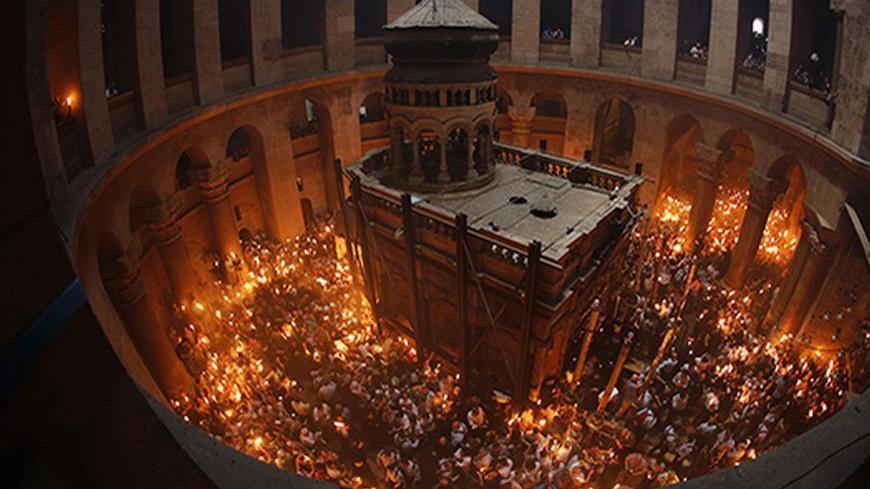On Sept. 27, approximately 50 academics, politicians and parliamentarians met in the Jordanian capital Amman for a three-day research conference. They were united by one thing: they are all Eastern Christians. They hail from the original Christian groups that remain in the region, from Egypt, Palestine, Iraq and Syria all the way to Lebanon. The conference — which Al-Monitor attended — was titled "Eastern Christians in Light of the Arab Spring." Yet, the few papers and recommendations that were presented were sufficient to realize the confusion in the title of the conference, for Christians are not certain that they will remain in the East. And there has been no "spring" in this region, where they have lived for more than two millennia.
The testimony of Christians presented by the researchers was impressive. The presentations on suffering, for instance, were divided into three areas. First, the status — including constitutions, laws and practices — of Christians in the Middle East in the various countries were addressed. The second area discussed was the demographic reality of those Christians. And finally, they addressed their expectations for the future.



